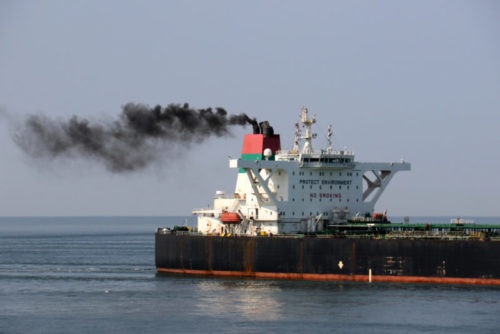Shipping consultancy firm Drewry has said that the 2020 sulphur cap deadline of the International Maritime Organisation (IMO) could lead to more slow steaming and transhipment in the industry.
Drewry said in a statement on Monday that while shippers want more transparency regarding how the new fuel surcharge mechanisms will work, they should be mindful of the potential risks to future service options, competition and rates if they fail to make some concessions to carriers.
According to the consultancy firm, “2020 is going to be a pivotal year for the carrier industry. Failure to recover more of the fuel cost from customers than in the past, estimated to be around 50%, could be ruinous for some lines, many of which are still operating with highly distressed balance sheets.”
It said there is a general acceptance among shippers that they will have to pay more towards the fuel cost burden, although there are still a number of sticking points regarding the mechanics of how it should be done.
“On the other side, carriers will argue that a short-term win for shippers could quickly turn into a loss. It is something that shippers might want to consider during negotiations as any cost saving today might raise the likelihood of another carrier bankruptcy, causing unwanted chaos in the supply chain.
“The reality is that carriers’ fuel costs will start to differ to a considerable degree as the new fuels are pumped into their ships; the variance to be largely driven by the type of fuel used.
“Depending on their success in raising the fuel recovery rate, carriers will inevitably seek to mitigate the anticipated higher operating expenses. One potential side-effect from the new regulations could be greater slow-steaming and use of transhipment.
“The logic being that as ships sailing speed is reduced and round voyages are extended carriers will drop ports from rotations to ensure that transit times to key points remain competitive.
“Fewer direct port calls will induce greater need for transhipment and feeder operations. The upside from this shift towards more transhipment from a ports and terminals perspective is that this will inflate the global port throughput sum as four container movements at the quayside will be required instead of two as with direct port-to-port calls,” Drewry said.
